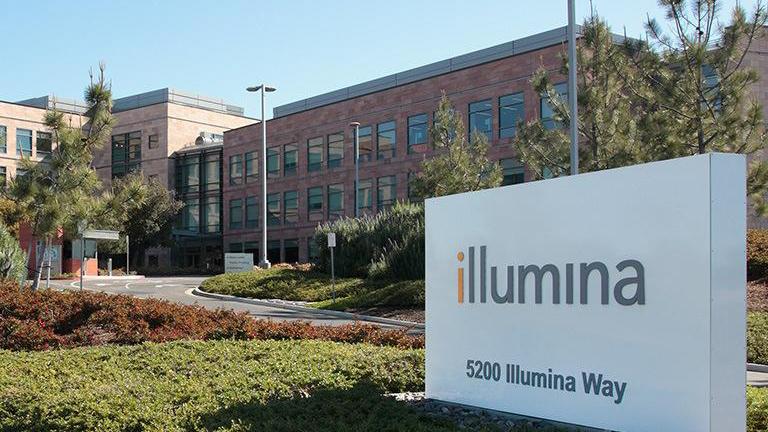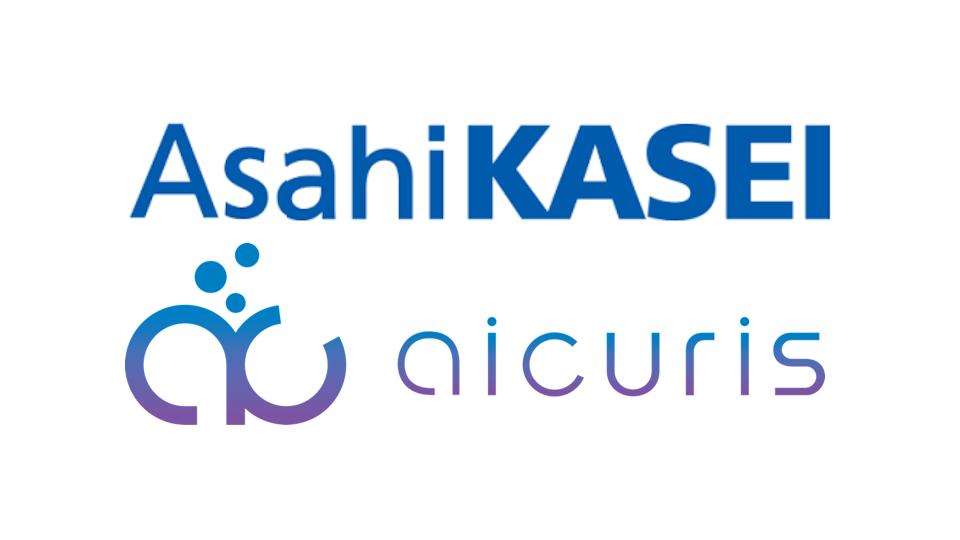Illumina avoids hefty EU fine over Grail merger

The top court in the EU has ruled that the European Commission exceeded its authority in its investigation of the $8 billion merger between Illumina and Grail, albeit too late to halt the forced separation of the two businesses.
Faced with opposition from the EC and the US Federal Trade Commission (FTC) on antitrust grounds, Illumina chose to divest Grail and completed that process in June. Now, the European Court of Justice (ECJ) has concluded that because Grail had no revenues or presence within the EU there were no grounds for the probe.
While that will be cold comfort to Illumina from a strategic standpoint, and won't reverse the divestment, the company said it does mean that it will not have to pay a €432 million ($477 million) fine levied by the Commission for completing the takeover of Grail without prior authorisation. It was the maximum fine possible for that type of breach under EU law.
Illumina completed its takeover of Grail in August 2021, a month after the Commission opened an enquiry into the acquisition and more than a year before the probe completed, with the conclusion that it would have anticompetitive effects on the emerging multi-cancer early detection (MCED) or 'liquid biopsy' market.
MCEDs, like Grail's Galleri test, aim to detect dozens of different forms of cancer from fragments of cell-free DNA (cfDNA) that leak from tumours and can be detected in the blood. As Illumina is the biggest supplier of equipment used to analyse DNA in blood samples, the Commission was concerned it could squeeze other MCED developers out of the market.
In the US, the FTC dismissed its case in mid-August following the spin-off of Grail, ending a legal dispute that had gone to appeal. Illumina has retained a 14.5% stake in the independent company.
In its judgment, the ECJ ruled that the Commission is "not authorised to encourage or accept referrals of proposed concentrations without a European dimension from national competition authorities where those authorities are not competent to examine those proposed concentrations under their own national law."
The EC launched its investigation after requests from Belgium, France, Greece, Iceland, the Netherlands, and Norway.
In a statement, EU Commissioner for Competition Margrethe Vestager said that, despite the ECJ's decision, "certain transactions that do not reach EU notification thresholds may nonetheless be harmful to competition in Europe [and] a company with limited turnover may still play a significant competitive role on the market, as a start-up with significant potential, or as an important innovator."
She asserted that the Commission will continue to take referrals from national competition authorities "where applicable legal requirements are met," adding that these have expanded in a number of member states since the Illumina/Grail requests.












